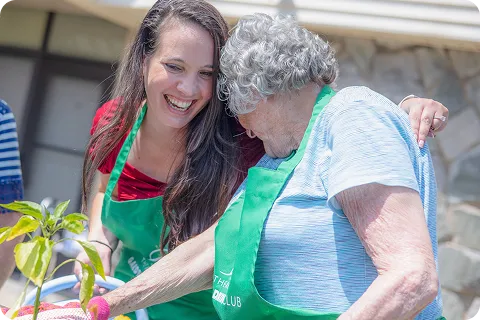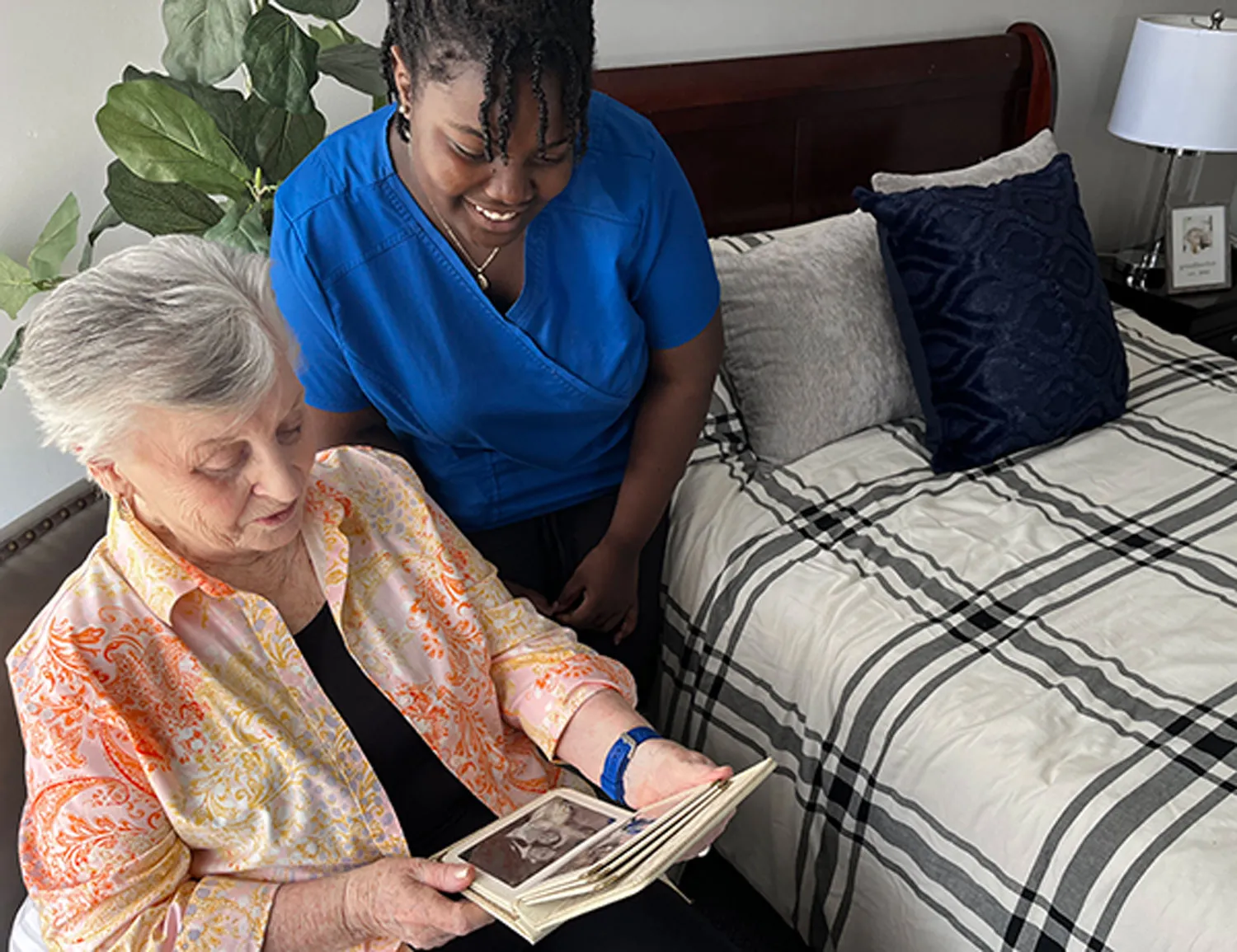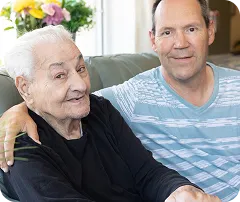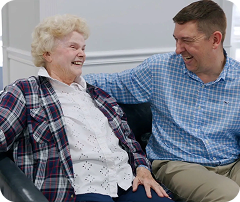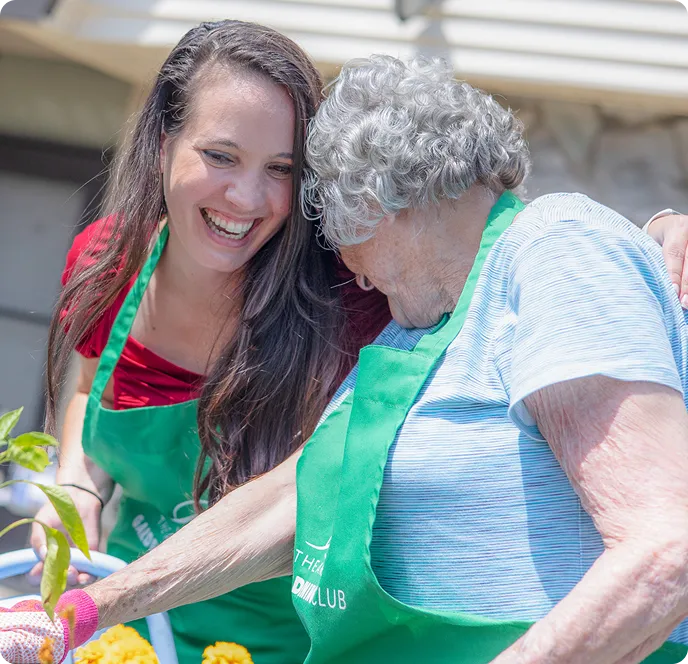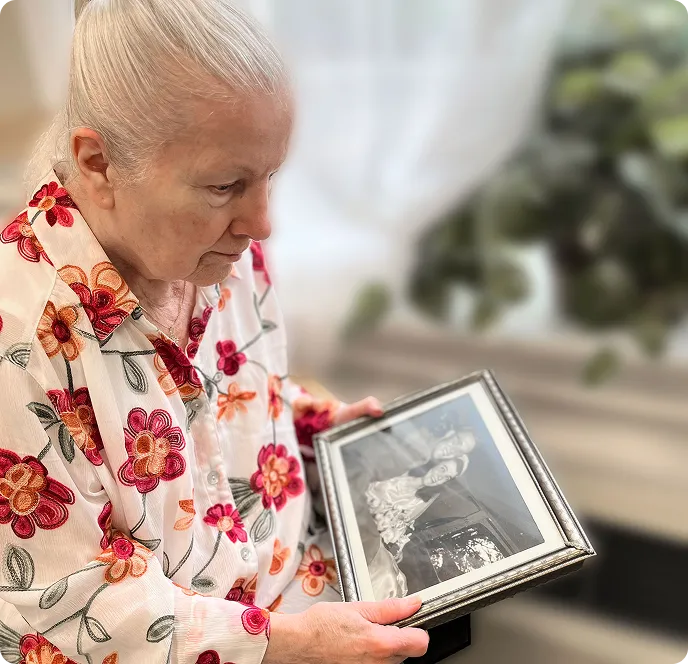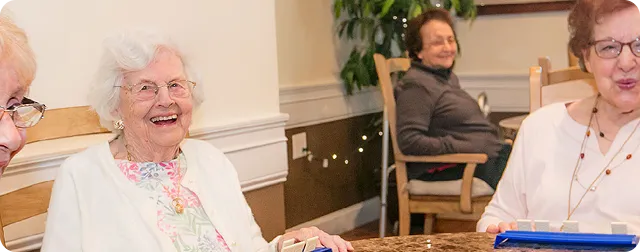(631) 778-7747
Medication Mismanagement

Medication Mismanagement
Medication Mismanagement is a Leading Cause of Hospitalizations in Seniors
Occurrence of adverse drug events is a major global health problem mostly affecting older adults. Medication mistakes cause at least one death every day in this country and injure roughly 1.3 million every year, according to the U.S. Food and Drug Administration. People aged 65 and older are especially vulnerable to medical errors. Older adults are about 4-7 times more likely than younger persons to experience adverse drug events that cause hospitalization, especially if they are women and take multiple medications. The prevalence of drug-related hospitalizations has been reported to be as high as 31% versus 3-6% of the population.
Why Seniors are at higher Risk
As you age, physical changes can affect the way medicines are handled by your body, leading to potential complications. For instance, your liver and kidneys may not work as well, which affects how a drug breaks down and leaves your body. Our body changes over time. We tend to lose muscle and gain fat. This changes the way medicine works in our body, so medicines may need to be adjusted or changed later in life, even if they have worked very well for you for years or even decades.
The older you get, the more likely you are to use additional medicines, which can increase the chance of harmful side effects, including interactions. Common side effects of medicines in older adults can be dizziness and falls, weight loss or weight gain, and changes in memory or our ability to think and process information. These, in turn, can cause older adults to get hurt and may ultimately lessen their ability to function in day-to-day life.
Caregivers can play a vital role in keeping seniors healthy by familiarizing themselves with the most common medication errors.
Ignoring Dosing Requirements
Overdoses are a leading cause of medication fatalities. And although prescription drugs are the most common offenders, it’s also possible to overdose on over-the-counter medications. Seniors are at risk of overdosing due to declines in memory.
Many prescription medications also require that patients take medication with a certain amount of liquid, with or without food, or after taking an antacid. The medication may not work or may harm the patient if the instructions aren’t followed.
Polypharmacy and Drug Interactions
One of the challenges in caring for seniors is managing the dosage and side effects of multiple medications (polypharmacy), often prescribed by different specialists. While each prescription may be safe on its own, when several are combined they can lead to drug interactions and can be difficult to keep track of and understand. And if a physician lacks complete information about what a patient is taking, he or she may unknowingly add a potentially dangerous medication to the list.
Pharmacists can play a vital role in catching potential drug interaction issues. Fill all prescriptions at one pharmacy. This can help pharmacists keep watch for any potentially dangerous drug combinations. Understanding the purpose of each new medication can also alert caregivers to the possibility that multiple medications have been prescribed to treat the same condition.
Food Interactions
Not only may drugs interact with one another, but combining certain foods with certain drugs can also lead to life-threatening outcomes. Some foods may render certain drugs ineffective. Others may alter the way a drug metabolizes in the body. One example is grapefruit juice, which can affect how well some medicines work, and may cause dangerous side effects.
Mixing Up Medications
In addition to taking too many medications and/or medications that shouldn’t be taken together, many seniors are also taking the wrong medications entirely. This can be caused by similarities in names (Celebrex versus Celexa, for example) or by pills that resemble each other.
Wrong-Route Errors
How a medication is taken can be just as important as taking it. Unfortunately, seniors sometimes get the administration wrong, such as swallowing a pill meant to be absorbed under the tongue or injecting a liquid intended for use as a nasal spray. The administration of medications by a different route than prescribed can lead to problems, including death.
Preventing Medication Mistakes
- Stick with a schedule. When seniors take many medications, it’s easy to lose track, a common cause of overdoses. Encourage your aging loved one to take his or her medications at the same time every day—for example, with breakfast or at bedtime. Keep track on a calendar to avoid accidentally doubling up or skipping doses.
- Simple pill organizers are an effective way to ensure that seniors are taking their medication in the proper doses. Today’s sophisticated “smart” pill organizers use technology to help people to remember to take their medications at the right time while also preventing them from taking the wrong amount.
- Caregivers should familiarize themselves with dosing requirements for all prescribed medications. Watch for signs and symptoms of overuse, such as prematurely running out of medication, mood swings, and over-sedation. If you do notice changes in thinking, feeling, or appearance, check in with your aging loved one’s doctor.
Adverse Drug Events most commonly leading to ER visit or hospitalization:
-
- Gastrointestinal bleeding
- Electrolyte imbalance
- Hypoglycemia
- Internal bleeding
- Falls
- Delirium
- Drug toxicity
- Renal failure
Drugs most commonly implicated in ER visits and hospitalization:
-
- Warfarin (Anti-coagulants)
- Insulin
- Oral anti-diabetic agents
- Anti-platelets
- ACEIs/ARBs
- Diuretics
- NSAIDs
- Opiates
- Antibiotics
- Antineoplastics
If you’re interested in learning more, or visiting The Arbors Assisted Living community, schedule a tour by contacting one of our five convenient locations:
Recent News
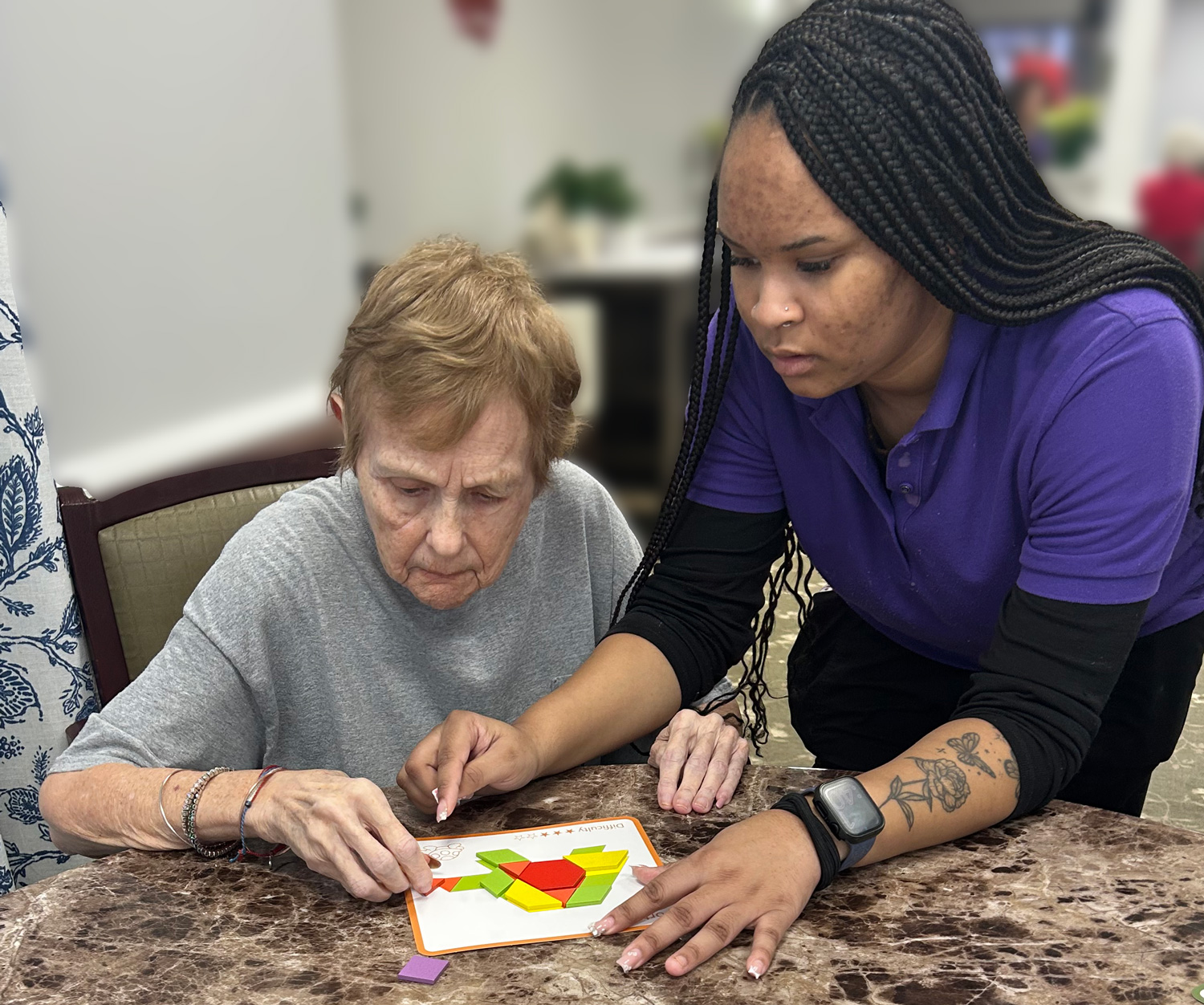
The Power of Touch
February 9, 2026

Winter Readiness for Caregivers: Do You Have a Plan?
January 6, 2026

Important Topics to Discuss With Local Assisted Living Centers
November 10, 2025

When It’s Time: Helping Your Parents Accept the Need for Assisted Living
October 15, 2025

How to Encourage an Aging Parent to Shower When They Refuse
July 2, 2025
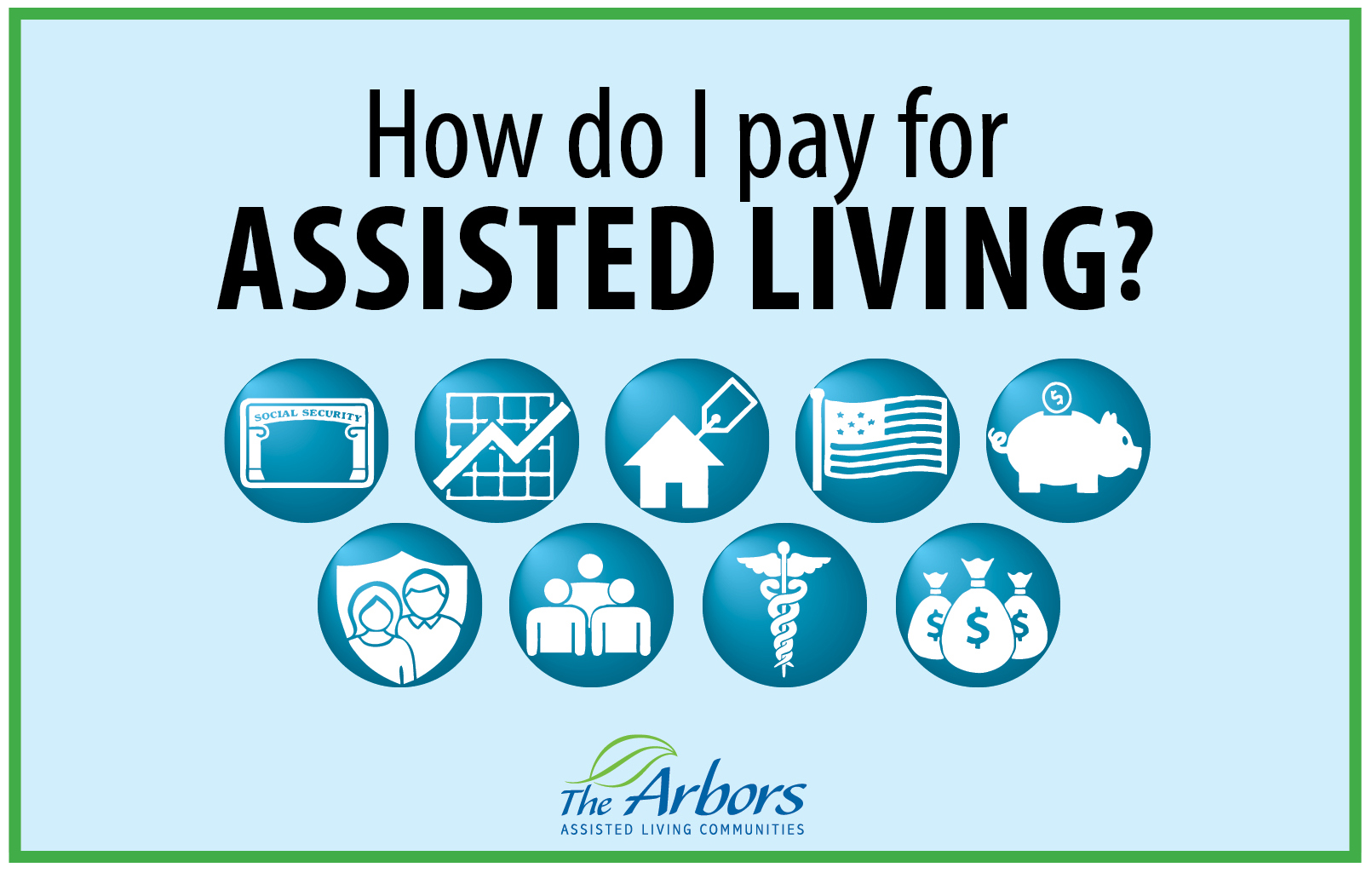
How Do I Pay for Assisted Living
June 6, 2025

3 Signs You Should Consider Assisted Living
May 15, 2025
GET IN TOUCH
Let’s Talk About Making The Arbors Your Home
REQUEST A VISIT
Schedule a Tour of our Long Island Assisted Living Communities


